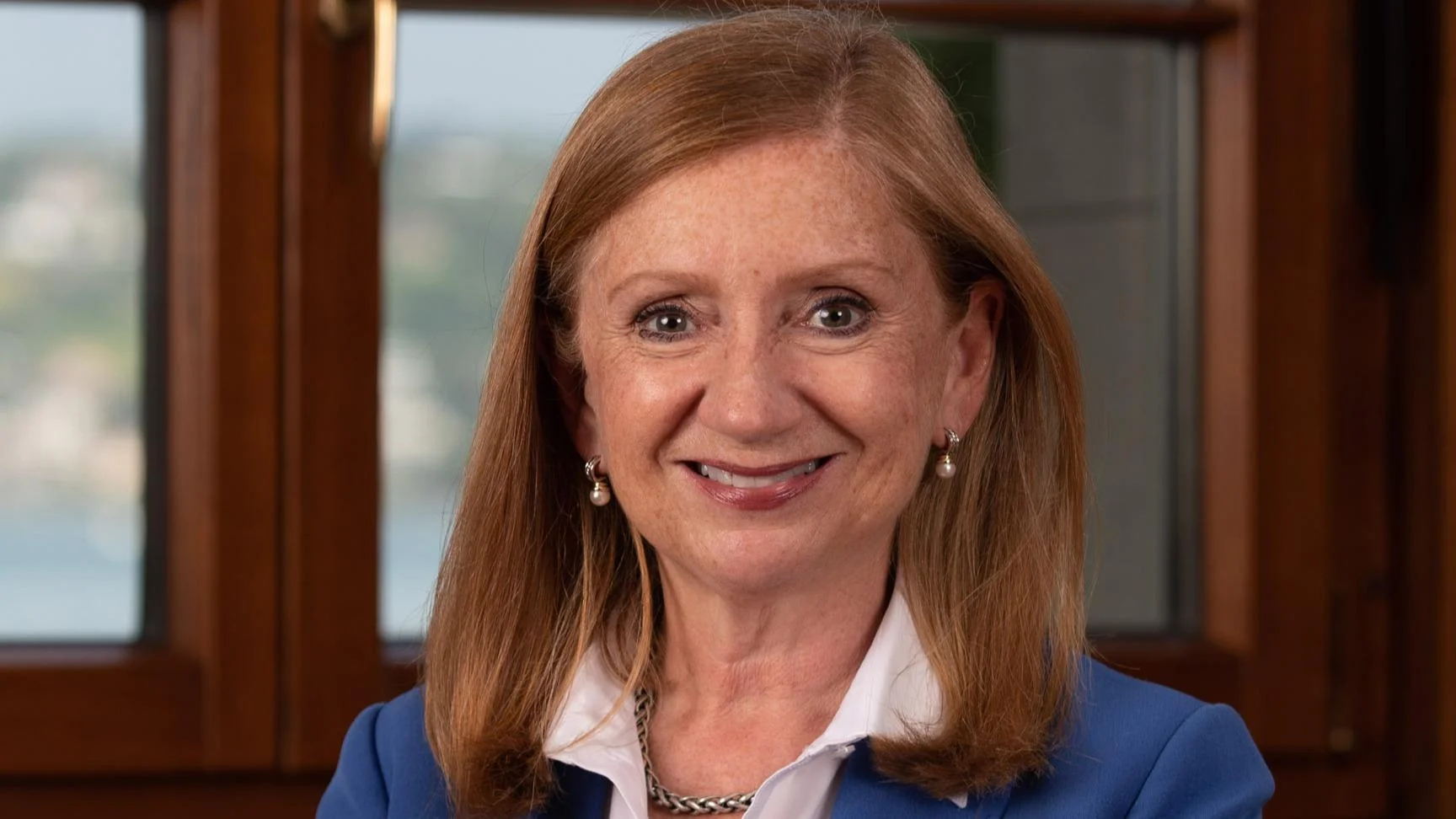Moldova has officially accepted the World Trade Organization (WTO) Agreement on Fisheries Subsidies, becoming the 96th member to do so. This step brings the Agreement closer to coming into full effect, as two-thirds of WTO members need to formally accept the terms for it to be implemented.
Director-General Ngozi Okonjo-Iweala expressed appreciation, stating, "I thank Moldova for joining the collective effort to bring this historic Agreement into force. This is a signal of Moldova's commitment to playing an active role in promoting ocean sustainability and safeguarding the livelihoods and food security of millions of people who depend on it. I encourage more members to promptly ratify this Agreement so that it can start delivering its full benefits – only 15 more are needed."
Moldovan Ambassador to the WTO, Larisa Cuc, highlighted the significance of the Agreement for Moldova, noting, "For a small and landlocked country like the Republic of Moldova, the WTO Agreement on Fisheries Subsidies is about protecting ecosystems and promoting fairness in global trade. As Moldova depends on fish imports, we are particularly interested in how to manage fisheries worldwide in a sustainable manner, in line with the 2030 Agenda for Sustainable Development. Our ratification of the Agreement also represents the Republic of Moldova’s efforts towards upholding the rules-based multilateral trading system."
The Agreement, adopted at the WTO's 12th Ministerial Conference in Geneva in June 2022, introduces binding international rules to restrict harmful fisheries subsidies. It prohibits subsidies for illegal, unreported, and unregulated fishing, fishing overfished stocks, and unregulated high seas fishing. It also contains provisions supporting developing economies and least-developed countries, including a fund for technical assistance and capacity building, conditional on their acceptance of the Agreement.
The conference also initiated negotiations to resolve outstanding subsidy issues and potentially introduce additional provisions to reinforce the Agreement.
The complete list of members who have accepted the Agreement and guidance on accepting the Protocol of Amendment is available through the WTO.

